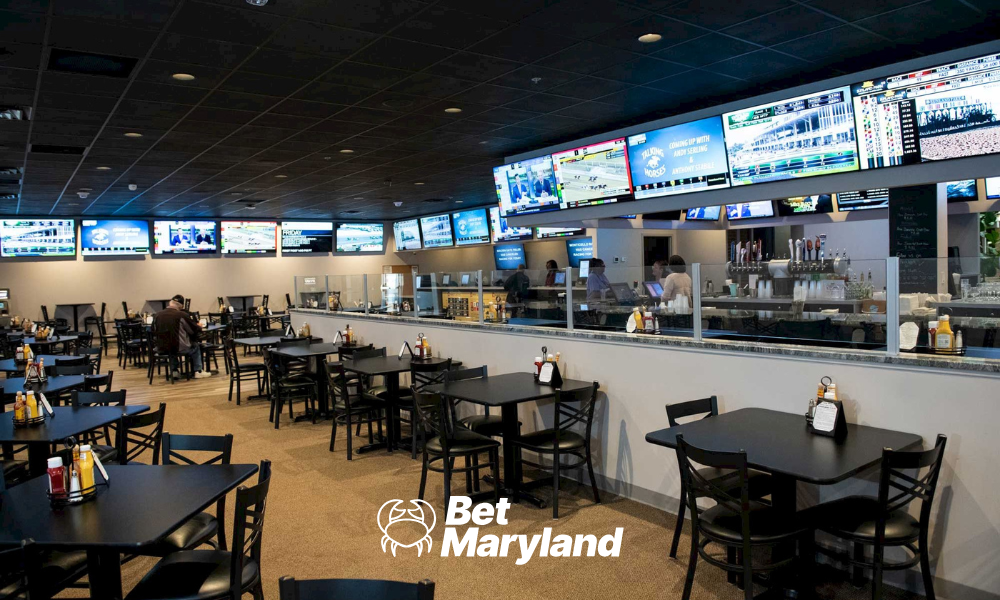A second measure to legalize Maryland online casinos has emerged, with a prominent member of the House of Delegates offering an alternative to a bill filed last month by Sen. Ron Watson, D-Bowie.
Del. Vanessa Atterbeary, D-Fulton, filed House Bill 1319 late last week in Annapolis. The bill, which also includes a voter referendum to approve Maryland iGaming, already has been scheduled for a hearing on Feb. 26 before the House Ways and Means Committee, which Atterbeary chairs. That’s two days before Watson’s bills are presented in the Senate Budget and Taxation Committee.
While Watson’s Senate Bill 603 calls for six licenses with those holders able to partner with two operators – provided voters approve a referendum Watson filed under Senate Bill 565 – Atterbeary’s proposal would create 12 iGaming licenses. In addition, where Watson’s proposal ties licenses to companies with an in-state presence, Atterbeary’s bill does not have that requirement.
Both Watson and Atterbeary propose license fees of $1 million to operate in the state for five years. However, they differ in how they tax operators.
SB 603 sets a 47% tax on iGaming operator revenue. HB 1319 breaks down taxes by the type of game. Operator winnings from live-dealer table games would be taxed at 20%, but revenue from other games would face a 55% tax.
Atterbeary does require the live-dealer studios to be located in Maryland, but her bill does not require licensees to invest at least $5 million in a studio, which is required under Watson’s legislation.
Will iGaming Happen in Maryland?
While some see Maryland as the most likely state to pass online casino gaming this year, it’s far from certain that either bill or a compromise measure can get through the General Assembly. Although iGaming proponents say Fanatics Casino Maryland and other online casino apps would enhance offerings in the state and serve as a marketing tool for existing brick-and-mortar casinos, opponents fear online gaming would undermine live casinos and lead to lost jobs across the state.
Maryland lawmakers considered passing an iGaming bill last year. However, instead, they decided to request an independent study on its impact on the state. That study by The Innovation Group found legalizing iGaming would create as much as $900 million in new revenue and only lead to a loss of about $200 million for brick-and-mortar casinos.
In the most recent reports, Maryland retail casinos reported more than $153.24 million in revenue in January. Maryland sports betting for January reported $544.97 million in total handle and $54.799M in revenue.









